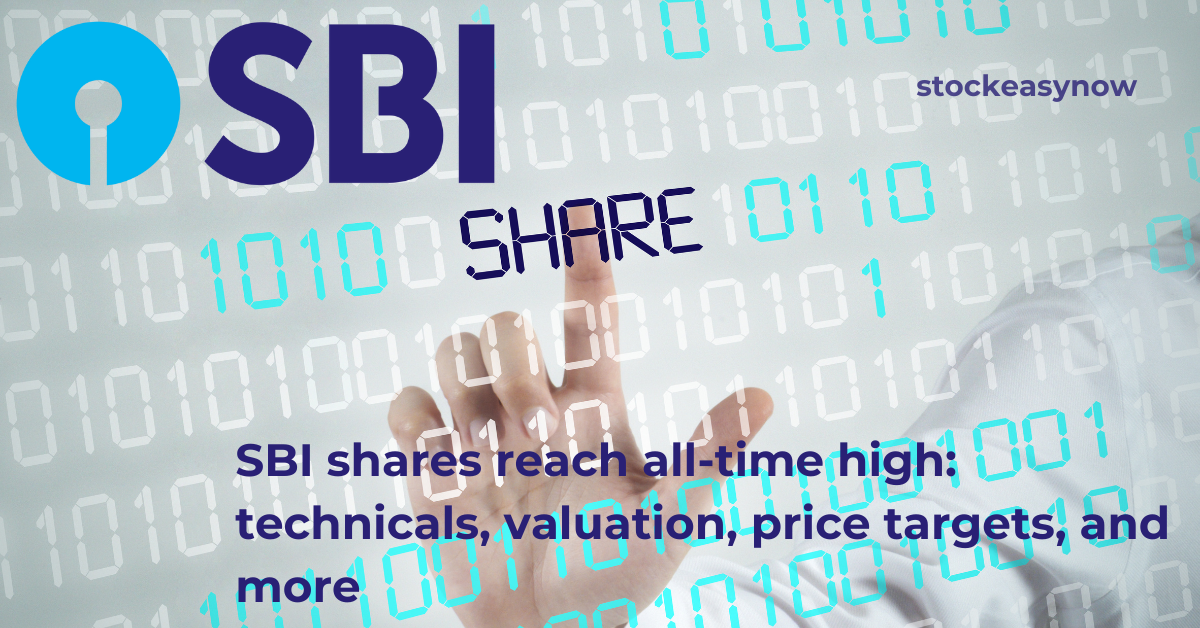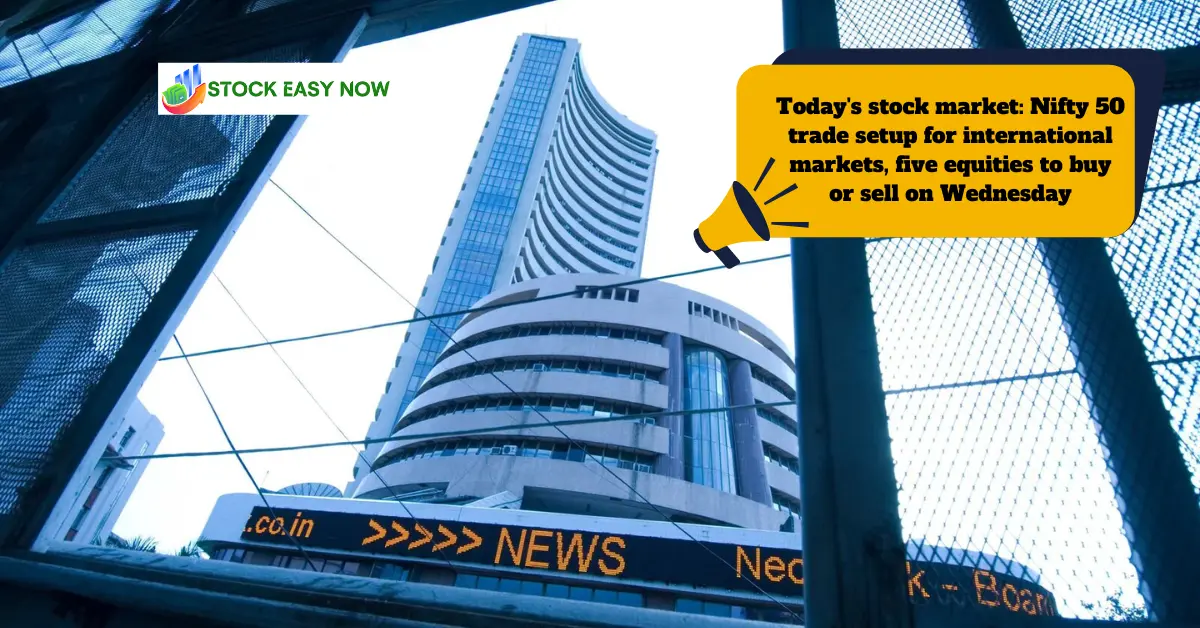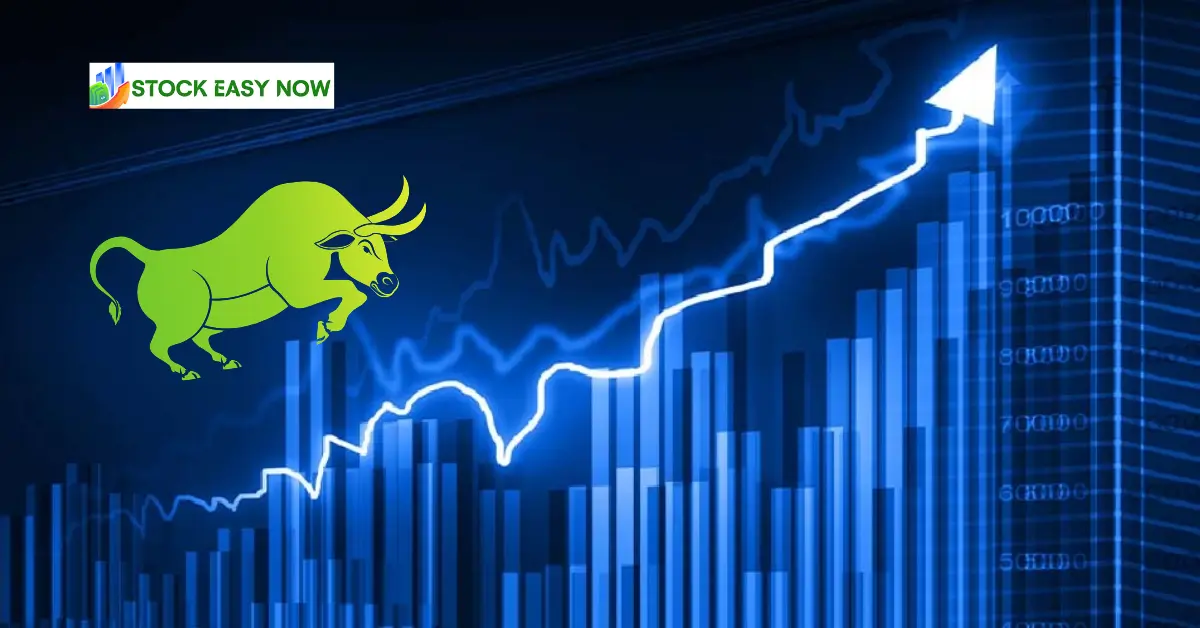SBI shares: On the BSE, SBI shares increased 2.01% during the day to Rs 758.70. The bank’s market cap increased to Rs 6.75 lakh crore.
In short
- SBI stock has a one-year beta of 0.6, showing relatively low volatility during the period.
- On the BSE, 4.18 lakh shares were traded, translating to a turnover of Rs 31.31 crore.
- The stock increased by 18% in 2024 and by 39.75% in a single year.
State Bank of India (SBI) shares reached a record high during today’s afternoon trading session. On the BSE, SBI shares increased 2.01% during the day to reach a high of Rs 758.70. The bank’s market capitalization increased to Rs 6.75 lakh crore. A total of 4.18 lakh shares were traded on the BSE, generating a turnover of Rs 31.31 crores.
The SBI stock has reached a record high, prompting it to trade in the overbought zone, as indicated by its relative strength index (RSI). From a technical standpoint, the RSI of SBI stands at 76.2. Additionally, the SBI stock exhibits a one-year beta of 0.6, reflecting minimal volatility over the past year. SBI shares are currently trading above their 5-day, 10-day, 20-day, 50-day, 100-day, and 200-day moving averages.
SBI shares
The stock has experienced an 18% increase in 2024 and a notable gain of 39.75% over the past year.
Axis Securities has set a target price of Rs 800 for the SBI stock. The brokerage highlighted SBI as the top choice among PSU banks due to its advantageous position amidst the gradual recovery of the Indian economy. This is attributed to SBI’s healthy provision coverage ratio, robust capitalization, strong liability franchise, and improved outlook on asset quality.
Axis Securities expressed confidence that SBI is positioned to achieve Return on Assets (ROA) and Return on Equity (ROE) of 1% and 16%, respectively, throughout FY24-26E. This optimistic outlook is backed by expectations of consistent credit costs and stable cost ratios.
With a price-to-book ratio of 2.05, the lender stands out with a relatively higher ratio compared to peers like Bank Of Baroda (1.53), PNB (1.54), and Union Bank (1.49). The state-owned lender also boasts a low PEG ratio of 0.3. A stock with a PEG ratio below 1 is typically deemed undervalued, while a PEG ratio above 1 is often considered overvalued. The bank had a Capital Adequacy Ratio (CAR) of 14.68% as of the December 2023 quarter. In India, public sector banks must maintain a CAR of no less than 12%.
SBI shares reach all-time high: technicals, valuation, price targets, and more
Motilal Oswal has confirmed its buy call on SBI shares, with a target price of Rs 860.
According to Motilal Oswal, they anticipate a 22% Compound Annual Growth Rate (CAGR) in earnings from FY24 to FY26, following a slight setback in the second half of FY24. This trajectory is expected to lead to an FY26 estimated Return on Assets (RoA) and Return on Equity (RoE) of 1.2% and 19.1%, respectively. SBI remains a top choice in the sector, and they reaffirm their BUY rating with a target price of Rs 860. Motilal Oswal believes SBI is well positioned to achieve a loan growth of 13-14% over FY23-26, supported by an enhanced disbursement rate for sanctioned loans and a rebound in corporate demand.
The lender experienced a 35% decline in net profit during Q3, dropping to Rs 9,163 crore from Rs 14,205 crore in the same period last year. Despite this, interest income surged by 22% to Rs 105,733.78 crore in Q3 FY24 compared to Rs 86,616.04 crore in the previous year. However, the net interest income (NII) of the country’s largest bank stood at Rs 39,815 crore, slightly below the estimated Rs 40,304 crore.





